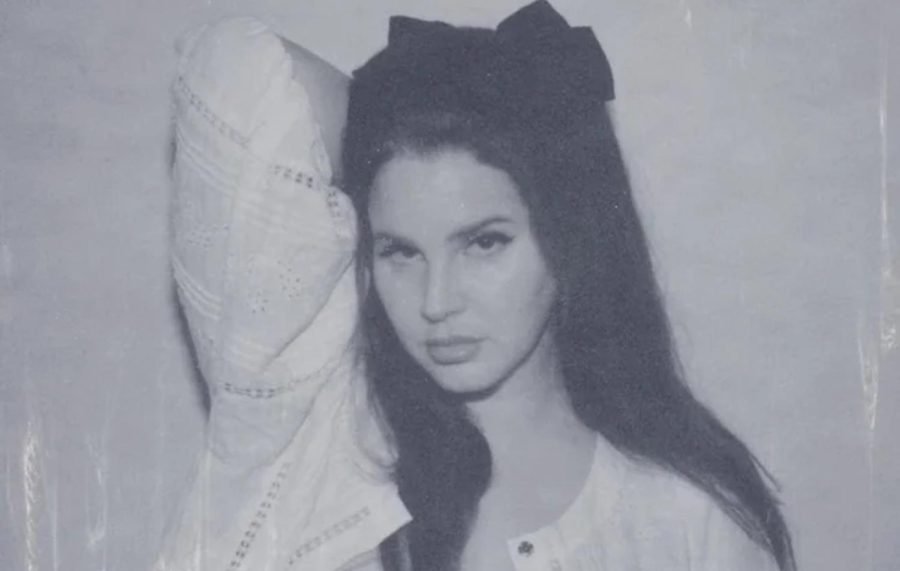ALBUM REVIEW: LANA DEL REY CREATES HER BEST WORK THUS FAR WITH 'DID YOU KNOW THERES A TUNNEL UNDER OCEAN BLVD"
BY: JESSE ZAPATERO
Lana Del Rey's ninth studio album, "Did You Know There’s a Tunnel Under Ocean Blvd," presents a captivating fusion of individual folklore and the psyche of American culture.
This album is Lana Del Rey's strongest and most daring since 'Rockwell’. A 16-song, 78-minute project, explores the existence of God, the afterlife, marriage, motherhood, fate, and familial bonds. Lana's earnest questioning and willingness to get messy characterize this immersive experience.
In 2012, Lana, disillusioned and haunted by the harsh critique of her debut album, found solace in the darker corners of creativity, weaving a noirish persona and seeking association with tragic figures like Kurt Cobain and Amy Winehouse.
Since then, Lana's career, particularly after the acclaim for her 2019 album "Norman Fucking Rockwell!," has been one of introspection and recognition.
"The Grants," the opening track, signals a shift in her approach to mortality. Death, once an escape hatch, now serves as a lens through which Lana contemplates life, framing it as a collection of memories to be preserved.
The album reveals Lana's exploration of enduring themes – family, love, healing, art, legacy, and wisdom. "Did You Know That There’s a Tunnel Under Ocean Blvd" is a departure from her earlier fixation on fleeting beauty.
"Blue Banisters," Lana's 2021 album, set the stage for the themes echoed in "Ocean Blvd." Here, family takes center stage – her father, brother, and sister become integral to the narrative. Lana, as Elizabeth Grant, not only revisits old material with new relish but also challenges pop's conventional structures, infusing her work with tender specificity.
The track "Fingertips" stands out as a poignant exploration of motherhood, revealing Lana's vulnerability and self-doubt. This track is my personal favorite.
"A&W" showcases Lana's ability to embody various characters, challenging societal norms and reflecting on the societal perception of women. The album takes an unexpected turn with a sermon on lust by Judah Smith, signaling Lana's growing inclination towards self-mythologizing. Her lyrics explicitly reference her identity as Lana Del Rey, addressing industry-plant allegations and revisiting hip-hop influences.
The title itself suggests hidden depths beneath picturesque surfaces – a metaphor that encapsulates Lana's artistic trajectory. From her early dismissal as a retro artifice to her current status as a musical mermaid, Lana has navigated the depths of her own interiority and the cultural subconscious.
In the closing trio of tracks, Lana embraces a more irreverent tone, giving the album a cosmic shrug. This duality, the ability to explore both existential questions and superficial pleasures, defines Lana's uniqueness. Nine albums into her career, she remains a creative force, breathing seamlessly in the shallow and profound waters of her musical exploration.
Lana uses storytelling as a mirror, reflecting on her family, relationships, and the complexities of her own identity. From the mournful reflections in "The Grants" to the dark inquiries of "A&W," Lana confronts grief, heartbreak, and the persistent theme of self-exploration. The album weaves together a narrative that not only exposes Lana's vulnerabilities but also offers glimpses of hope and resilience.
"Did You Know There’s a Tunnel Under Ocean Blvd" stands as a testament to Lana Del Rey's artistic visions, a journey that transcends boundaries and embraces the profound and the superficial. Lana's willingness to lay bare her soul, question societal norms, and revisit her own musical past makes this album a compelling chapter in her discography. As she navigates the depths of her creativity, Lana Del Rey remains a captivating storyteller, inviting listeners into the intricate tapestry of her psyche.












